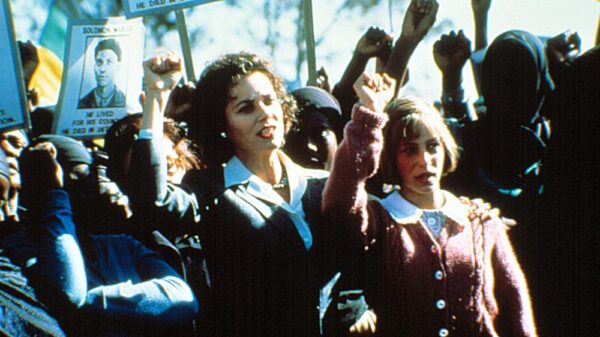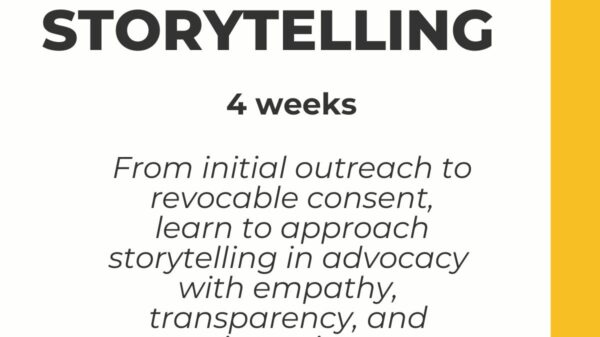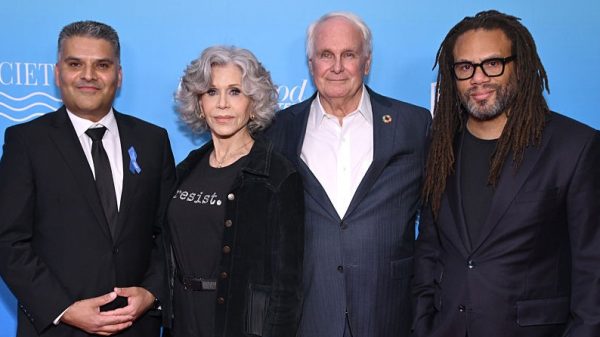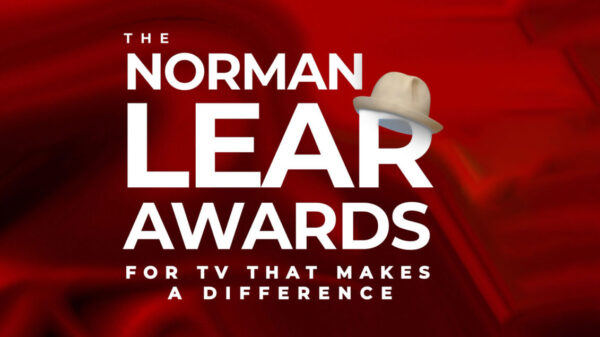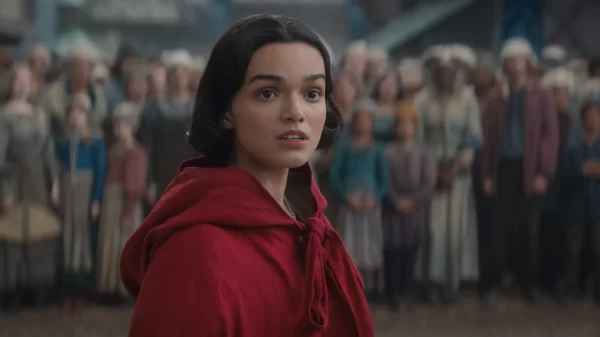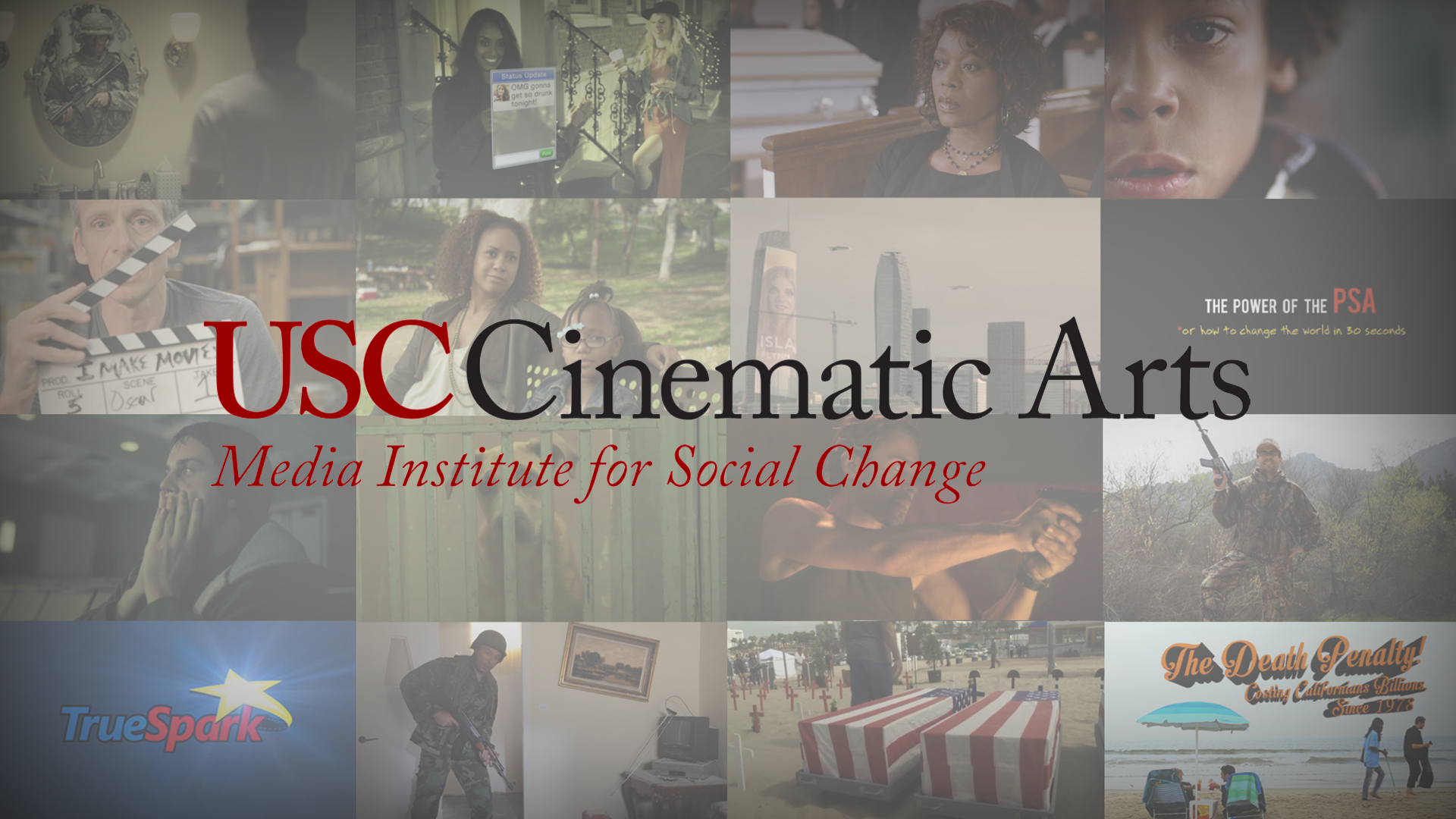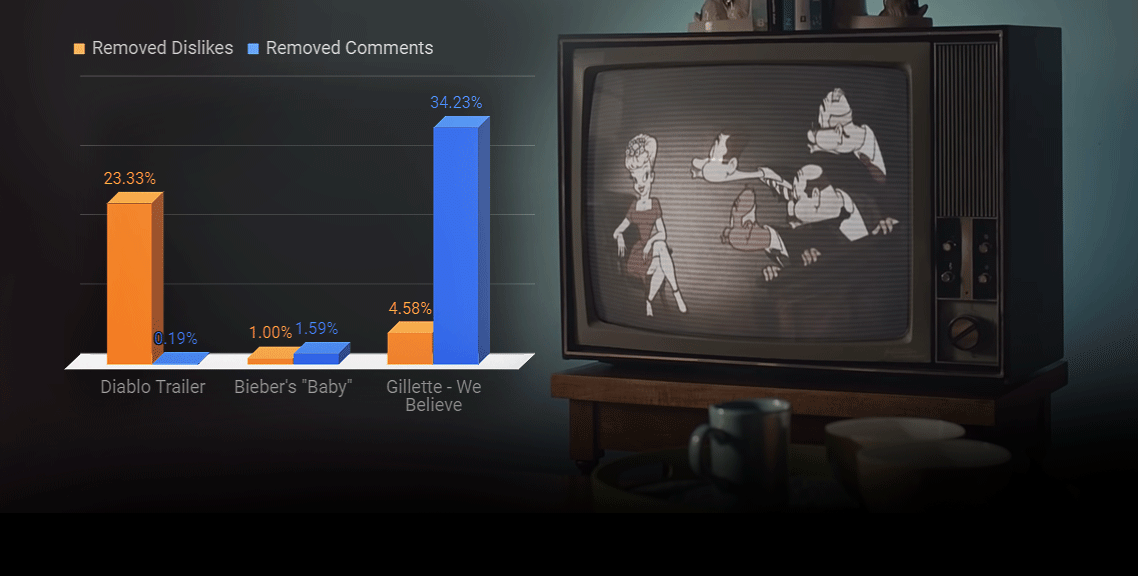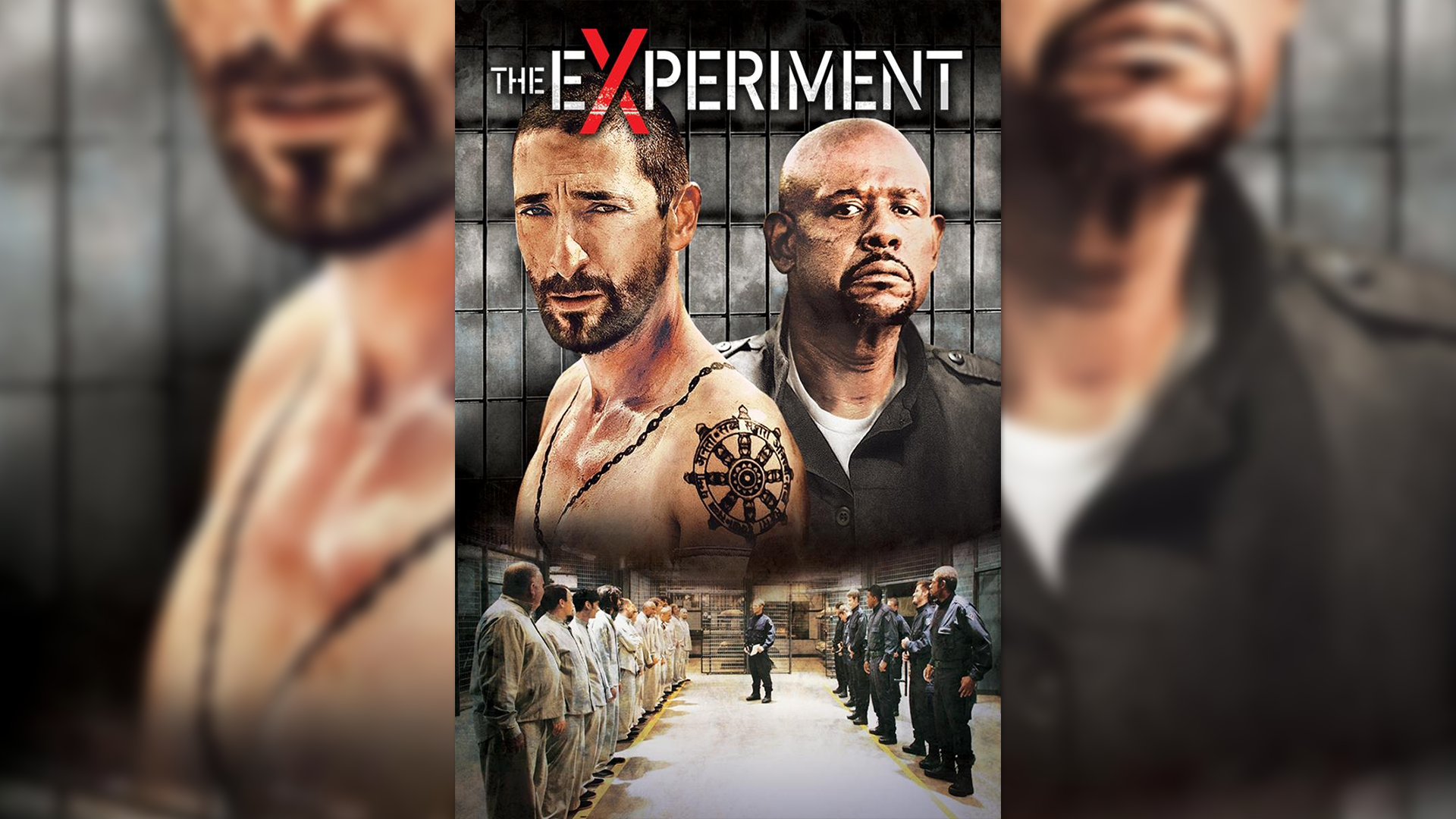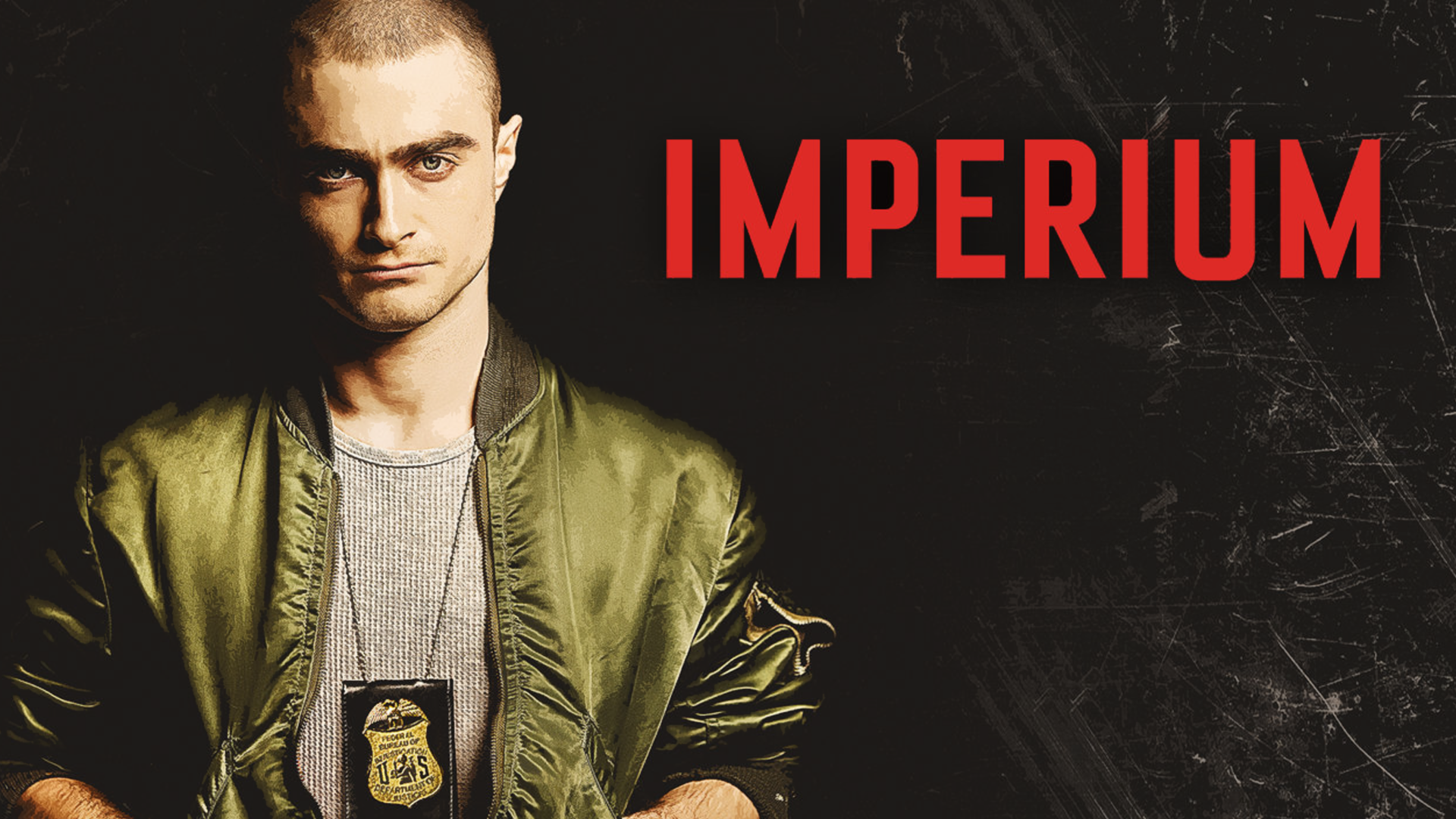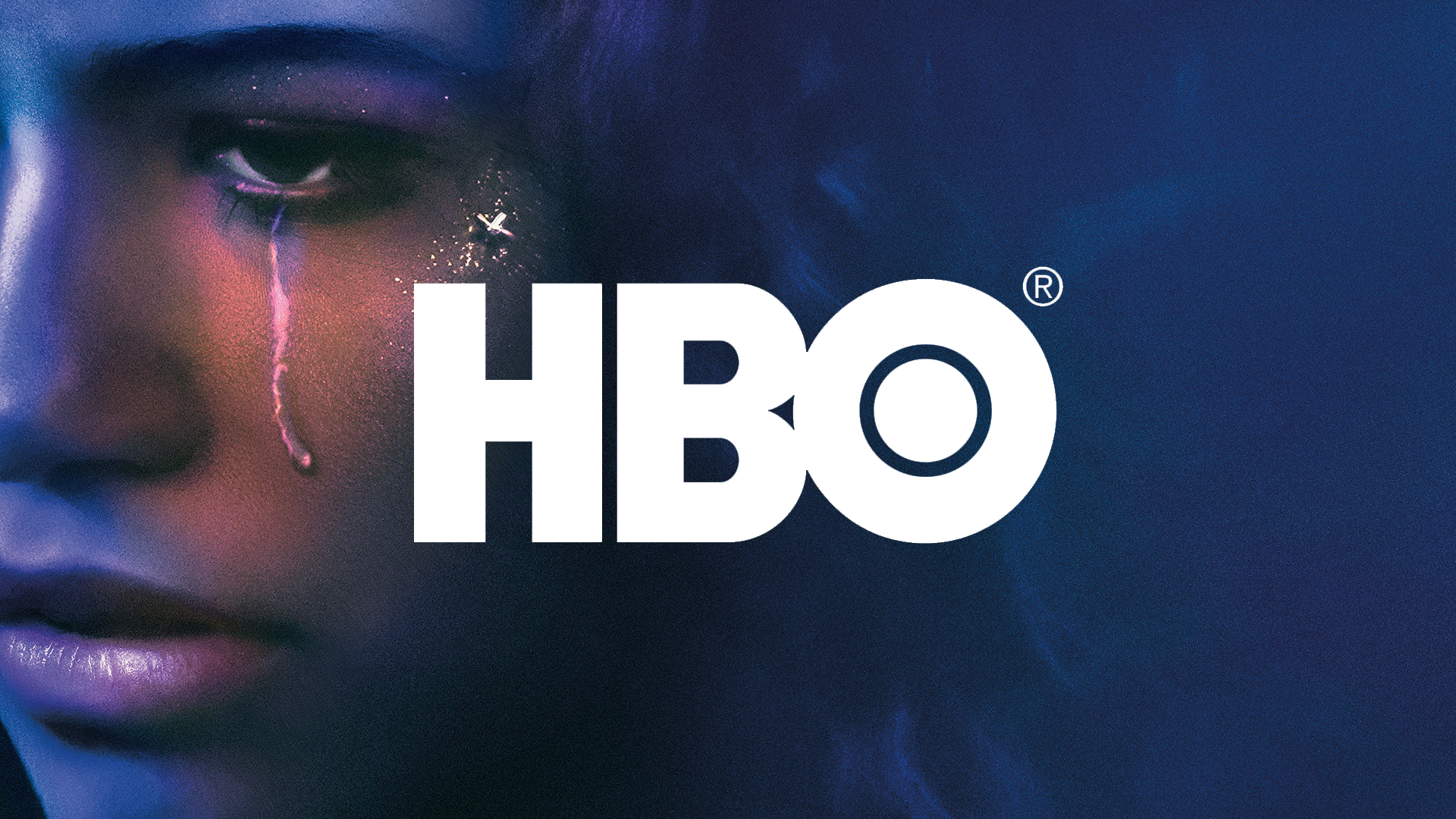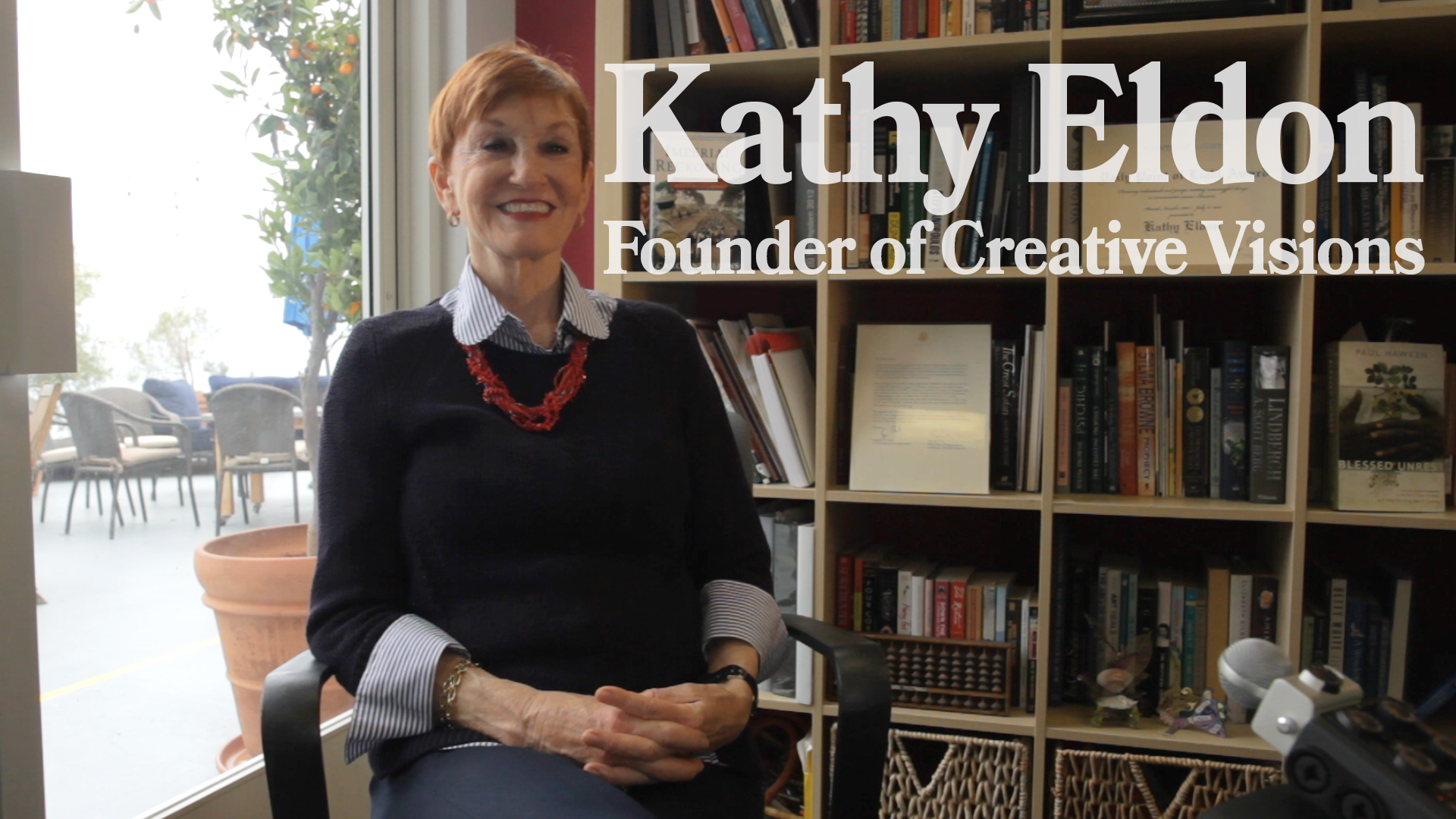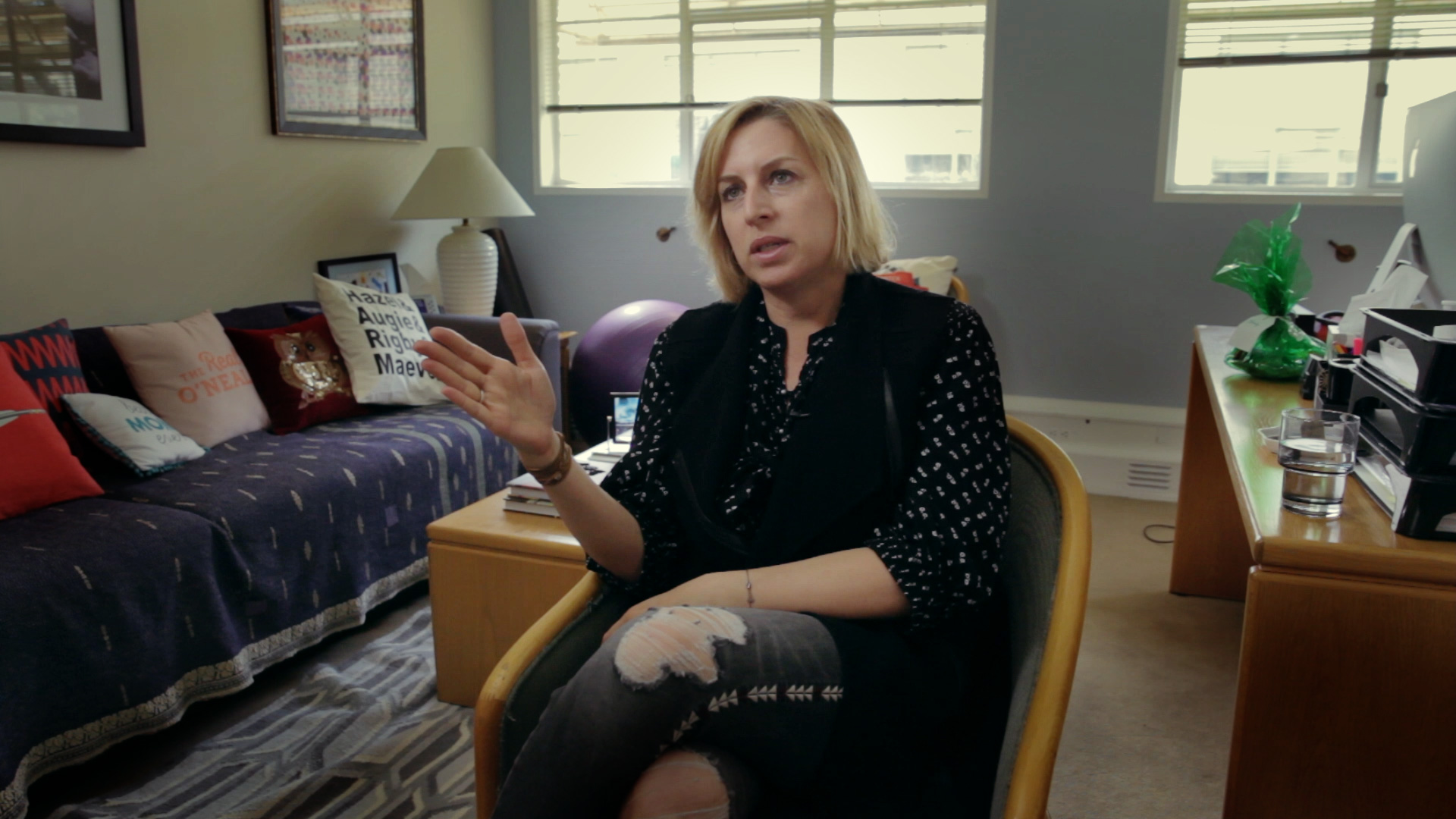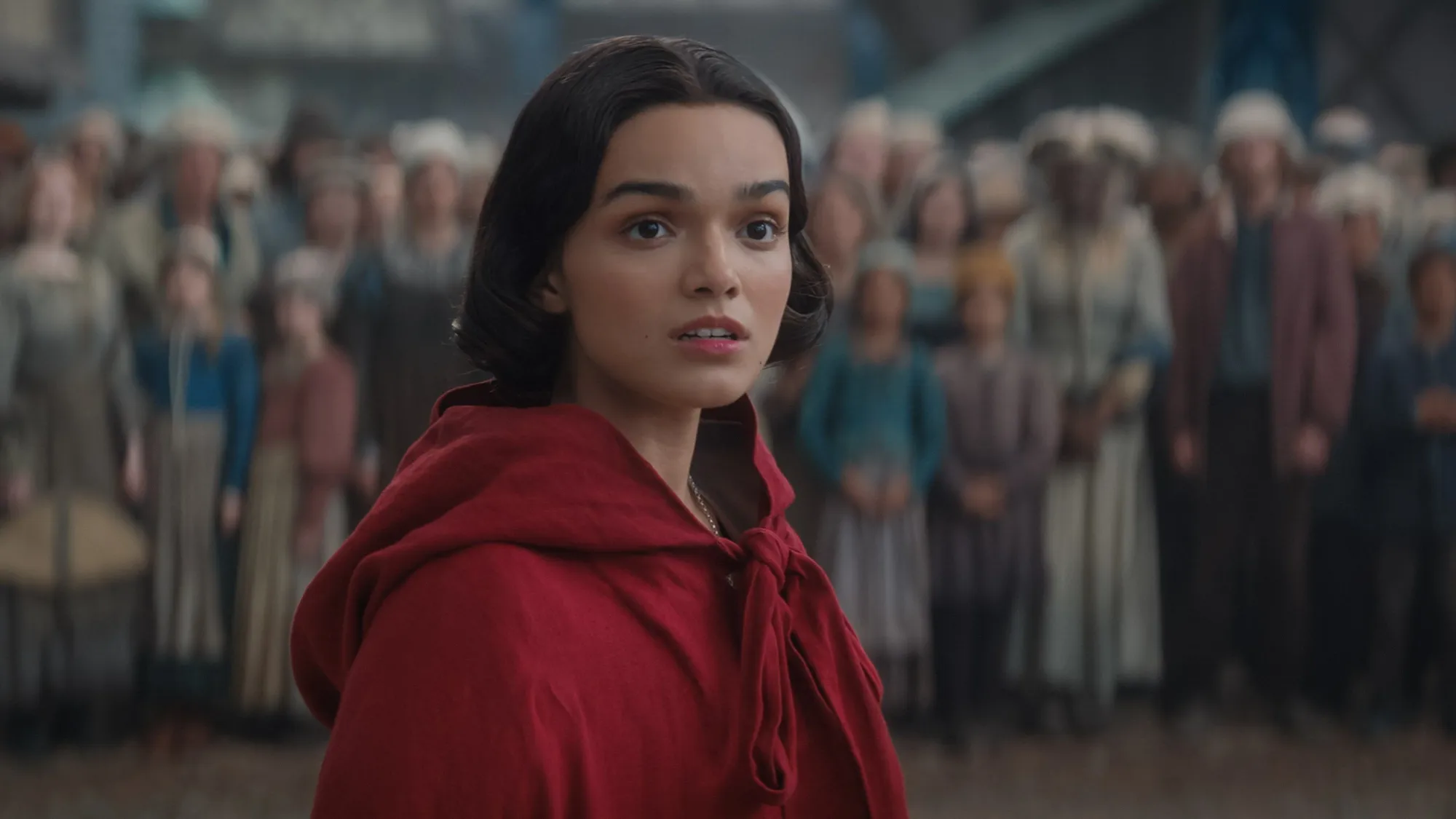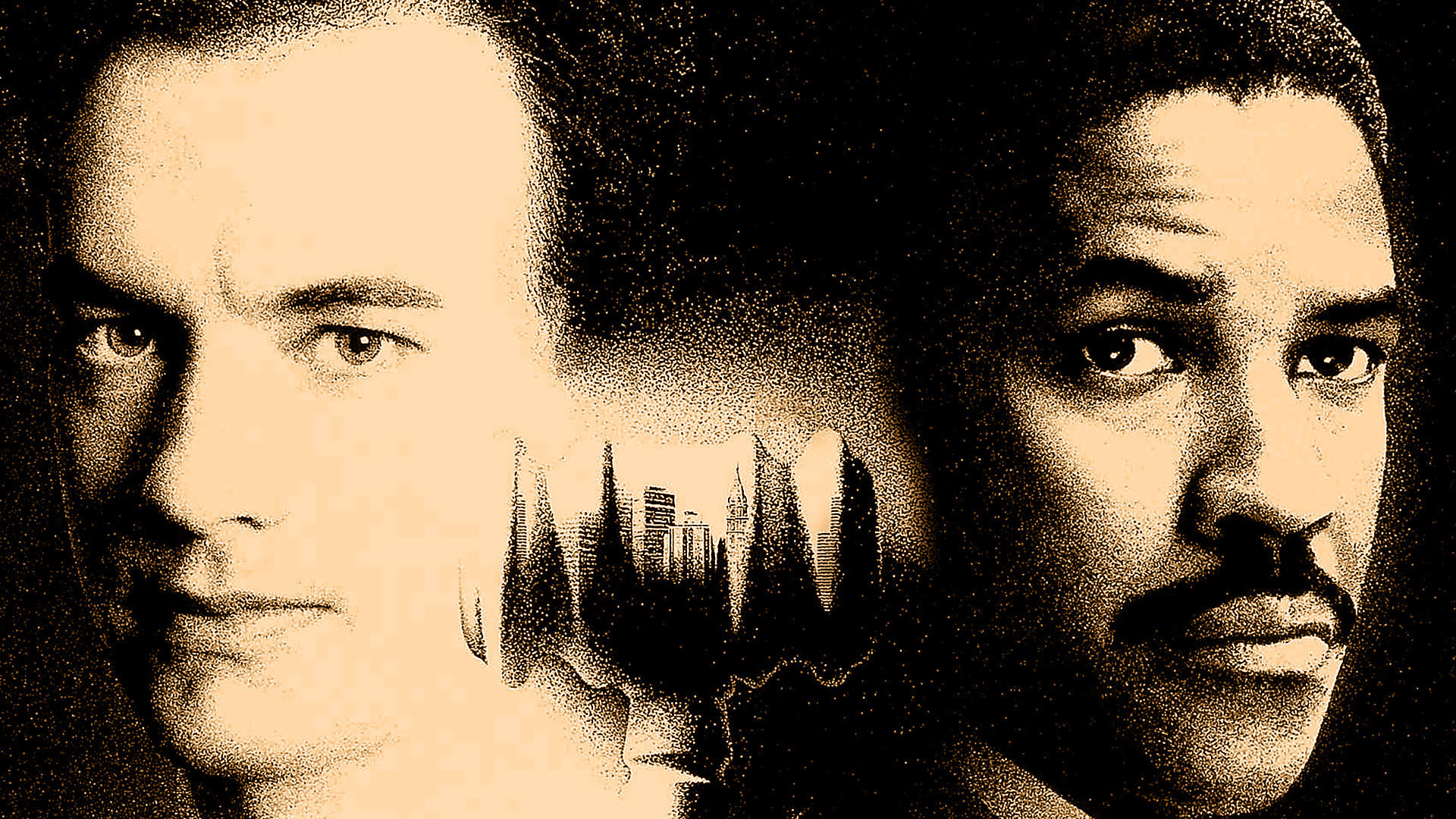First things first: this isn’t a review of Disney’s Snow White, the lavish new live-action remake of the Mouse House’s seminal 1937 animated classic. It’s more like a review of the reviews. Because, if you haven’t heard, there’s some (very anonymous) reviewers out there with some VERY strong opinions about this rebooted children’s fairytale.
After nearly 6 years in production and an eye-watering budget approaching a rumoured $270 million, there’s been a ton of expectation for this film, both socially and commercially. But all that buzz has soured faster than a bite into a poisoned apple. As we write this, Snow White is currently sitting at a lowly 1.6/10 on the Internet Movie Database (which is exactly what it sounds like – a database where anyone on the internet can rate movies). And so far, nearly 300,000 people have awarded the film the lowest score possible.

To be clear, we’re not saying the film’s a masterpiece – even the best reviews say the glossy affair is a bit hit-and-miss. But 1 out of 10 is clearly ridiculous. It plunges Snow White down to the very bottom of the so-called “worst films of all time” list, according to user rankings. For some fun context, that’s in the same league as Paris Hilton’s Pledge This! and mutant bird movie Birdemic: Shock and Terror (spoiler alert: those movies are not good).
Snow White obviously doesn’t belong there, so what’s going on? To answer that, we’re flashing back to a quick explainer we wrote about how movie rankings can be thrown into flux with some deliberate deception. It’s due to a phenomenon called brigading – so let’s explain exactly what it is, and how our recommendation algorithm gets around it.
Never heard of a recommendation algorithm? Here’s a quick 101.
Unlike a vanilla search platform, our movie-matching algorithm actually gets to know you. What you like watching, what you love and what kind of stories you’re passionate about. We’ve worked pretty hard on it, because getting those recommendations right is easier said than done. That’s where Danny comes in.
“Danny” is a nickname for the unique recommendation algorithm we’ve built – it’s the code in the background that drives the results on good.film. We poured countless hours into fine-tuning Danny so that, from the 100,000+ titles out there in streaming land (yes, really!), we can bring you exactly the kind of movies and shows you feel like watching.
There’s a whole range of stuff that goes into a great recommendation. How new is the film? What’s its genre and themes? What kind of reviews did it get? A complex blend of queries like these help Danny to pull in your results. It’s a super efficient way to discover new titles you’ll love – at least, until our browsers can read our minds (and we just know that day’s coming, right?).

The disturbing factor we found when we built our algo
You know when you watch something “so bad it’s good”, like a Hallmark Christmas movie? Just for fun, we built a preference slider into Danny we jokingly called “Hate Watch”. Dial it up, and after scanning the user-submitted ratings on the Movie Database, Danny would report back with only the lowest rated titles. A sure-fire way to find some terrible 80s action movies, if that’s your thing!
We assumed it would be pretty accurate. But what we found instead was startling: we were seeing some really, genuinely GOOD titles show up in that low rating dimension. Movies that objectively DON’T belong in the bin. If that field was showing good titles instead, what did that mean?
By definition, a crowdsourced system like online movie ratings is democratic. And that’s not always a good thing. What it doesn’t account for is deliberately low ratings. And if a highly vocal minority skew things to outweigh the majority, the overall rating is dragged down – sometimes dramatically so. That’s the brigading we mentioned, and it’s actually more common than you might think.

How does brigading happen – and why?
Put simply, “brigading” is when people team up to manipulate certain results, like a poll, a survey – or an online movie rating. They might coordinate votes, spam the poll with fake votes, or use social media to rally others and spread misinformation. Brigading is unethical because skewing the rating misrepresents the true opinion of the online community.
Sadly, brigading against streaming titles almost always happens because there’s a strong and obvious racial or feminist component to the film or series. And it’s exactly what’s happened in the case of Snow White, with the “double whammy” of Latina actress Rachel Zegler playing the classically Caucasian role, and Israeli actress Gal Gadot being cast as the Evil Queen – at a time when online opinion about Israel couldn’t be more fractious.
Here’s some examples of other big budget or big-ticket movies and series that we found had been heavily brigaded within days, or sometimes even hours, of being released:
- Hidden Figures, the Oscar-nominated drama about women African-American NASA mathematicians
- The Little Mermaid, the $569 million-earning Disney feature starring Black actress Halle Bailey as Ariel
- Queen Cleopatra and Anne Boleyn, series featuring British actresses of Jamaican ancestry in the lead roles
- Ghostbusters, the 2016 all-female reboot of the classic 1984 comedy
- Captain Marvel, the female-led Marvel superhero entry starring Brie Larson
- Star Wars: The Last Jedi, the second instalment of the Star Wars sequel trilogy featuring Asian-American actress Kelly Marie Tran
- Emilia Pérez, the French musical about a Mexican cartel leader starring a transgender actress from Spain
The groups doing this brigading may only be small, but because they have certain agendas (like say, passionately sabotaging narratives that explore racial & gender equity), the ratings of the titles they target get disproportionately affected. Exhibit A: Snow White’s 1.6/10 IMDb score, a clearly absurd rating that the film – objectively – doesn’t deserve. It’s a factor that quickly exposes the negative underbelly of online behaviour – even for something as fun as movie watching.

What we did to combat brigading
Suddenly, our developers knew they had an ethical decision to make. The proof was hard to ignore. “All these ‘low-rated’ movie posters have people of colour, or women… or both,” they realised as they scrolled through the low-rated titles. “This isn’t right.”
Our tech team made a value judgement: despite being a cool feature, user submitted ratings can clearly be warped by the brigading effect, so we decided good.film simply wouldn’t use them. We removed this piece of data entirely from Danny’s algorithm, which means you won’t see any “scores” on our site.
If someone’s angry about a title, they can’t vindictively rank it 1/10 out of spite when it’s actually a decent movie others might enjoy. To put it another way, we’ve made sure that brigading physically can’t happen on good.film by being conscious of the inputs we offer.
Turning a block into a win, we came up with an ever better feature: instead of rankings, you can label a movie or show with “causes” that reflect the real themes at its heart. It’s a feature that gives other users a far better idea of what the story is really about. To give it a try, just look for the + ADD CAUSE label under any title on good.film.


